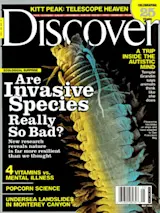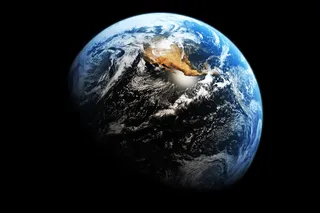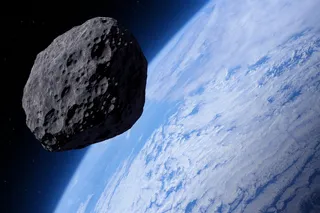Real science sometimes seems ominously similar to science fiction. When NASA warns that “invasive species may pose the single most formidable threat of natural disaster of the 21st century,” it is all too easy to picture the aliens from Independence Day dropping in on our planet to strip it bare. Even if the invaders themselves don’t seem all that scary—gray squirrels, zebra mussels, and purple loosestrife are a far cry from gun-toting extraterrestrials—the threat they pose certainly does. Intruders crowd out native flora and fauna, spread new diseases, and cause costly environmental destruction.
Then again, things are probably not as bad as they seem. Science differs from science fiction in a crucial, marvelous way. Fiction withers in the face of disbelief—the audience has to put its skepticism aside for the story to work. Science, on the other hand, thrives on disbelief. Researchers spend their lives kicking against the conventional wisdom, ...














